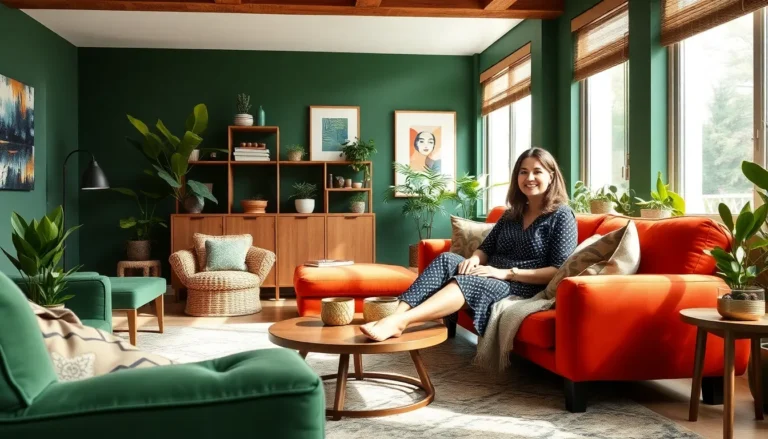Table of Contents
ToggleDeciding whether to buy or rent a home can feel like choosing between pizza and sushi—both have their perks, but the wrong choice could leave a bad taste in your mouth. While buying a home offers the thrill of ownership and the chance to paint those walls neon green, renting provides flexibility and the freedom to move like a nomad.
In this battle of real estate philosophies, each option has its champions and its critics. Is it time to plant roots or keep things light and breezy? With the right insights, he or she can navigate this maze and make a choice that fits their lifestyle. Let’s dive into the pros and cons of buying versus renting, and help you find the perfect fit for your future.
Overview of Buying vs Renting
The choice between buying and renting impacts financial stability and lifestyle. Buying a home offers long-term investment potential, equity growth, and the freedom to customize. Homeowners can create personalized spaces, reflecting their tastes and preferences.
Renting provides flexibility, appealing to those prioritizing mobility. Tenants can relocate quickly due to job changes or personal needs without the burden of selling property. Monthly rent payments often include maintenance and repair costs, offering convenience.
Costs differ significantly in each option. According to the U.S. Census Bureau, the median sales price of houses sold in the U.S. was approximately $407,700 in 2022. In contrast, average monthly rent in the U.S. was about $1,975.
Tax implications also vary. Homeownership often comes with tax benefits, such as mortgage interest deductions, which can alleviate financial burdens. Renters lack such benefits but avoid property taxes and unpredictable maintenance expenses.
Ultimately, individual goals and circumstances dictate the best choice. Those considering stability and investment might prefer buying, while those seeking short-term arrangements could favor renting. Financial analysis and future plans play crucial roles in this decision-making process.
Benefits of Buying

Buying a home provides numerous advantages that can enhance financial security and personal satisfaction.
Long-Term Investment
Homeownership serves as a long-term investment opportunity. Over time, property values typically appreciate, often outpacing inflation. Historical data indicates that home values in the U.S. tend to rise at an average annual rate of around 3.5%. This growth means homeowners might sell their property for a higher price than their initial purchase. Investing in a home not only offers a potential return on investment but also insulates against rising rental costs. Owning a home allows individuals to build wealth over time through real estate appreciation.
Building Equity
Building equity stands as another significant benefit of buying a home. As homeowners make mortgage payments, they gradually increase their ownership stake in the property. Equity represents the difference between the home’s market value and the outstanding mortgage balance. With the median sales price of homes in the U.S. approximately $407,700, homeowners can accumulate substantial equity over the years. This equity becomes a valuable asset, usable for borrowing against, funding home improvements, or financing major expenses. Homeownership encourages financial stability as equity builds, fostering future opportunities.
Benefits of Renting
Renting offers unique advantages that appeal to various lifestyles and financial situations.
Flexibility and Mobility
Flexibility stands out as a significant benefit of renting. Tenants can easily relocate for job opportunities, personal reasons, or lifestyle changes without the lengthy process of home selling. Rent agreements often last for a year or less, allowing individuals to adjust their living situations rapidly. Mobility also becomes essential for those who enjoy exploring different neighborhoods or cities. This adaptability enables renters to test various environments before committing to a permanent home purchase.
Lower Upfront Costs
Lower upfront costs attract many renters. Initial expenses typically include the first month’s rent and a security deposit rather than high down payments associated with buying a home. In 2022, the median sales price of homes in the U.S. reached approximately $407,700, while the average monthly rent averaged about $1,975. Renters avoid additional expenses tied to closing costs, property taxes, and potential home inspections. Access to housing requires significantly less financial commitment with renting compared to purchasing a home.
Factors to Consider
When deciding between buying and renting, several key factors significantly influence the choice. Financial implications and personal lifestyle choices often dominate discussions.
Financial Implications
Costs associated with homeownership include mortgage payments, property taxes, and maintenance fees, creating a larger financial commitment. The median sales price of homes in the U.S. was approximately $407,700 in 2022, demanding a substantial down payment. In contrast, renting involves lower upfront costs, with tenants usually paying first month’s rent and a security deposit. Monthly average rent in 2022 hovered around $1,975. Potential tax benefits accompany buying a home, such as mortgage interest deductions. Renters, however, sidestep property taxes and unforeseen repair expenses, allowing for more predictable budgeting. Evaluating these financial aspects often proves essential in making an informed decision.
Personal Lifestyle Choices
Flexibility constitutes a key factor when weighing buying versus renting. Individuals seeking the freedom to relocate or explore job opportunities find renting appealing. Lease agreements typically last less than a year, enabling quicker transitions. Homeownership often restricts mobility due to the duration needed to sell a property. Personal preferences and lifestyle dictate housing needs; families may prioritize stability, while young professionals might favor transient living. Additionally, the desire for personalized space often influences the choice to buy. Maintaining a rental generally requires less time commitment, freeing tenants to engage in other activities. Each lifestyle scenario plays a significant role in guiding this decision.
Deciding between buying and renting is a significant choice that hinges on personal circumstances and future aspirations. Each option offers distinct advantages tailored to different lifestyles. Homeownership provides the potential for long-term investment and equity growth while allowing for personalization of space. On the other hand renting offers flexibility and lower upfront costs, appealing to those who prioritize mobility.
Ultimately the right choice depends on individual preferences and financial situations. By carefully weighing the pros and cons of each option, individuals can make an informed decision that aligns with their goals and enhances their living experience.








